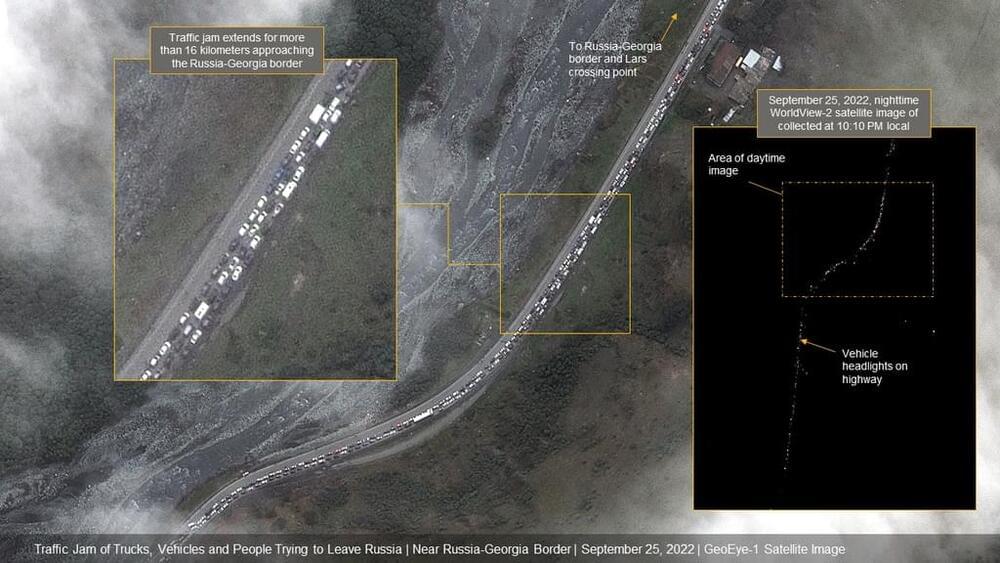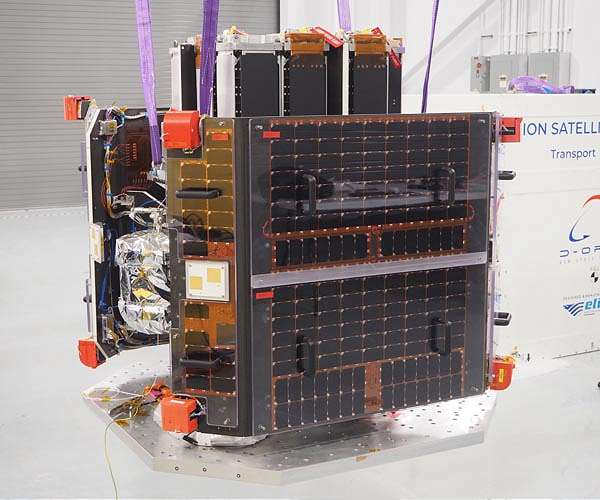Researchers from UNSW Sydney have analyzed millions of satellite photos to observe changes in beaches across the Pacific Ocean. The findings, published in Nature Geoscience today (Feb. 10), reveal for the first time how coastlines respond to different phases of the El-Niño-Southern Oscillation (ENSO) cycle.
ENSO is a natural climate phenomenon that causes variations in sea surface temperatures over the Pacific Ocean. The warming phase, known as El Niño, and the cooling phase, known as La Niña, affect weather patterns across different coastlines depending on the cycle.
During these periods, coastal erosion can also intensify, shifting sand away from beaches and threatening beachfront homes and habitats. But scientists haven’t been able to study this broadly using conventional coastal monitoring techniques, which have been limited to on-ground observations on just a few beaches.




